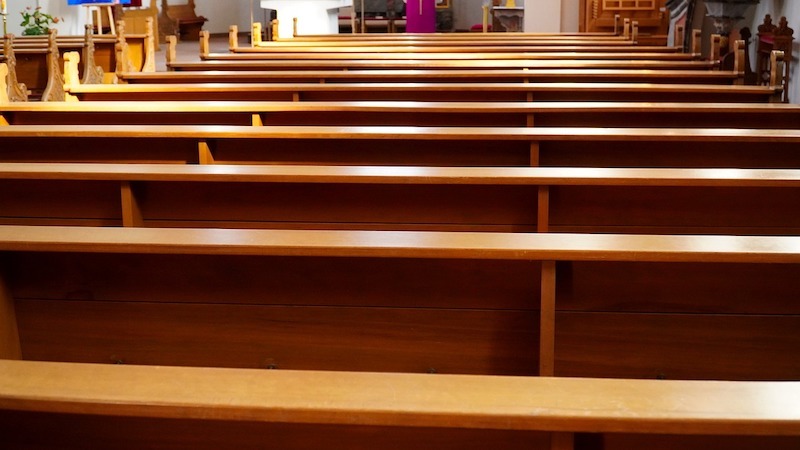TUCSON, Ariz. (Legal Newsline) - A woman who claims she was sexually abused by two Catholic priests when she was less than 15 can sue the church despite arguments she surrendered any such claims after filing for bankruptcy in the 1990s, an Arizona appeals court ruled.
The decision by the Arizona Court of Appeals, Division Two, reversed a trial court’s dismissal of the lawsuit by a plaintiff identified as Jane Doe for lack of standing. That court ruled that federal law requires debtors to reveal all claims in bankruptcy or they belong to the bankruptcy trustee. The appeals court ruled that since Doe’s claims were barred by the statute of limitations until Arizona legislators modified the law in 2019, they didn’t exist when she filed for bankruptcy.
Doe claims she was a student in St. Mark parish in Phoenix when Father Donald Verhagen and Father James Bretl engaged in sexual conduct with her. The Arizona statute of limitations such claims expired in 1992, two years after she turned 18. She filed for Chapter 7 bankruptcy in New York in 1992 and 2004, erasing her debts.
In 2019, the Arizona legislature extending the statute of limitations for claims based on sexual assault of a minor to 12 years and lifted it entirely for claims filed before Dec. 31, 2020. On Feb. 10, 2020, Doe sued the Archdiocese of Phoenix alleging sexual abuse and other claims. The trial court dismissed the case in 2021, however, ruling Doe didn’t have standing because any claims were the property of her bankruptcy estate.
Doe appealed, arguing her claims were non-existent when she filed for bankruptcy and only became viable after the legislature modified the statute of limitations. The church argued her claims were established before she filed for bankruptcy and only the bankruptcy trustee had standing to pursue them.
In a Feb. 3 decision, the appeals court disagreed.
“A bankruptcy estate has no more rights in property than those held by the debtor before the bankruptcy,” the court ruled.
Judge Sean Earl Brearcliffe dissented, saying that while it would be unfair to dismiss Doe’s claims, “as a matter of law, I cannot see a way to avoid doing so.” Because Doe’s claims arose before she filed for bankruptcy for the first time in 1993, the judge wrote, they belong to the bankruptcy trustee “until resolved or abandoned,” regardless of whether Doe knew about them or believed them to be viable. The statute of limitations might have killed her claims, but the defendant had to raise that as an affirmative defense and that never happened, the judge wrote.
“Doe’s claims were only facially barred in 1992,” she concluded. “They were not actually barred.”
